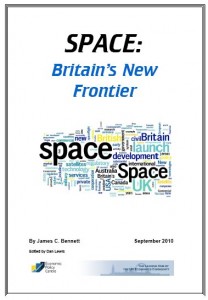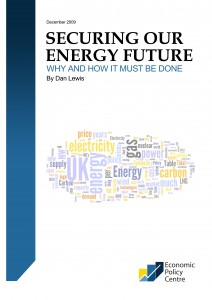Publications
_______________________________
RETHINKING TENNIS FOR THE BIG SOCIETY
Reversing decline, broadening the base, unleashing social enterprise
 June 2011
June 2011
Every year when Wimbledon comes around and the failings of British Tennis are laid bare in contrast to the marked success of the tournament, it has become a tradition to ask the same questions;
Why can’t Britain produce Tennis Champions?
Where does the Wimbledon money go?
What can we do to get more people playing?
This paper goes much deeper, going back to the modern historical origins – with a reprint in the annex of the original 1874 patent for Lawn Tennis – and comprehensively breaks down the reasons for decline in participation and performance since the 1930s through to 2011.
Download from here.
___________________________________________________________
CONSTITUENCY CRIME DATA REVEALED

For the first time ever, constituency crime data is revealed and ranked and crime heat maps and charts are reproduced online for each constituency in England and Wales. Using far more accurate and up to date population data, the paper reveals which constituencies have the highest and lowest total, violent, vehicle, robbery, other, asbo and burglary crime and crime rates.
A product of the EPC’s highly respected platform, www.ukcrimestats.com, it covers the period December 2010 to April 2011.
Published in June 2011.
___________________________________________________________
DECODING THE CRIME DATA
The first crime publication of the EPC, based on the findings of the new EPC platform, www.ukcrimestats.com, it covers the period December 2010 to February 2011.

Published in April 2011.
___________________________________________________________
SPACE: Britain’s New Frontier
Download here.
Britain faces an historic opportunity to be a major player in space and the government must rise to the challenge.
Policy Recommendations:
1. The UK should broaden its cooperative perspective beyond Europe – 75% of funds are currently allocated to the European Space Agency.
2. The new UKSA must seek to take advantage of NASA’s international cooperative programmes which the UK has failed to do in the past
3. The Commonwealth States – Australia, Canada and India – all have areas of space expertise which the UK could successfully cooperate on.
4. Therefore the UK should aim to cooperate with Canada which has expertise in radar imaging satellites
5. And with Australia which has extensive launch ranges
6. As well as with India which has across the board capabilities including launch vehicles, satellites and now interplanetary probes
7. The UKSA should send key personnel to Ottawa for an extended stay at the Canadian Space Agency to study what a small-to-medium scale agency can accomplish
8. The UK should explore collaboration with Canada and Australia on dual-use (civil and military) space technologies and systems like communications and earth observations satellites to leverage UK defence investments in space and the high level of trust of the USA on technology-export issues
9. The UK should seek to learn and copy from the Isle of Man’s favourable operating environment for space commerce
10. The UK should seek to develop a civil regulatory framework for spaceflight and space activity that attracts capital from all round the world
11. The UK should seek to actively earn from the USA’s deep experience of licensing launch sites and spaceports with a view to the future licensing of sites like Lossiemouth in Scotland
“You don’t need Astronauts to have a successful space programme. The New Space environment now offers British entrepreneurs, financiers and scientists to take a seat at the main table on their own terms”.Bennett also says that the UK is failing to exploit its connections with the USA and the Commonwealth to advance its own space programme;
___________________________________________________________
SECURING OUR ENERGY FUTURE – Why and how it must be done



